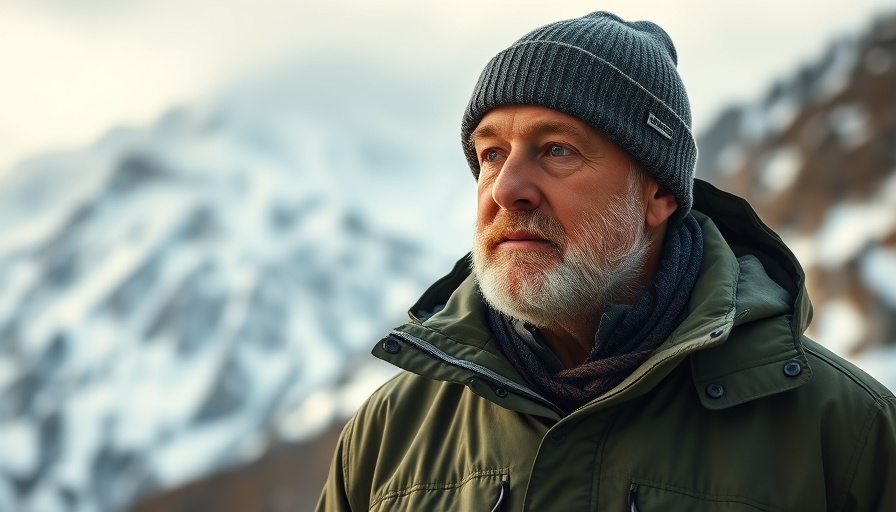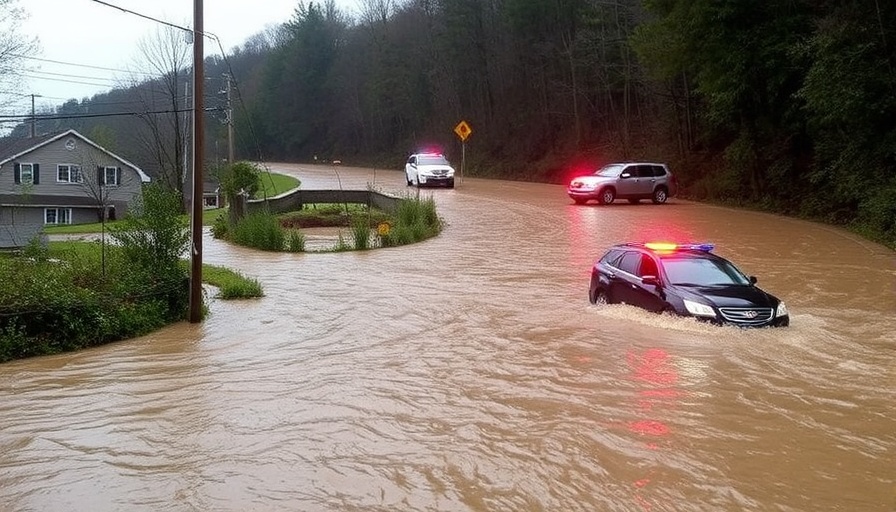
Peruvian Farmer Takes on Corporate Climate Responsibility
In a groundbreaking legal battle, Peruvian farmer Saúl Luciano Lliuya is challenging the major German energy firm RWE in a landmark climate lawsuit. The case, currently unfolding in the Higher Regional Court in Hamm, Germany, could set a precedent for how major corporations are held accountable for their contributions to climate change.
Understanding the Stakes: A Small Community Facing Global Forces
Located in the Andean mountains, Lliuya’s hometown of Huaraz is under immediate threat from glacial melt linked to the firm’s historical carbon emissions. As glaciers retreat, Lake Palcacocha rises dangerously, endangering more than 50,000 residents with potential flooding. Lliuya’s suit asserts that RWE’s emissions represent about 0.5% of post-industrial global warming, a statistic that underlines the significant impact of even one large emitter on vulnerable communities.
The Impetus Behind the Legal Action
Lliuya has long been an advocate for environmental responsibility, stating, "The glaciers give us water, give us life. But now, they’re disappearing bit by bit." His call for accountability is not merely a personal battle; it symbolizes the fight for climate justice faced by communities worldwide, often the first to bear the brunt of corporate inaction on climate issues.
RWE's Position and Broader Implications
RWE, while aiming for carbon neutrality by 2040, denied legal responsibility for Lliuya’s plight, asserting that many factors contribute to climate change and no single company can be held liable. This argument reveals a significant gap in corporate accountability. If this case rules in Lliuya’s favor, it could inspire similar lawsuits targeting other big polluters, reinforcing a legal framework for cross-border environmental accountability.
Potential Outcomes and Future Considerations
As the case proceeds, it may redefine the relationship between climate science and liability in corporate governance. Legal experts observe closely, as a ruling against RWE could unleash a wave of litigation against corporations worldwide. The ecological crisis calls for urgent action, and the outcome of this lawsuit serves as a pivotal moment in establishing new legal norms around climate accountability.
As awareness of climate risk grows, individuals and communities are empowered to take action, advocating for their rights amidst global industrial negligence. This case not only seeks to secure funding for essential flood defenses but also ignites a broader discussion on ethical corporate practices towards climate change.
Ultimately, Lliuya’s story is one of resilience and determination against overwhelming odds. In a world facing unprecedented climate disruption, cases like his underscore the power of individual voices advocating for collective accountability.
 Add Row
Add Row  Add
Add 





 Add Row
Add Row  Add
Add 








Write A Comment